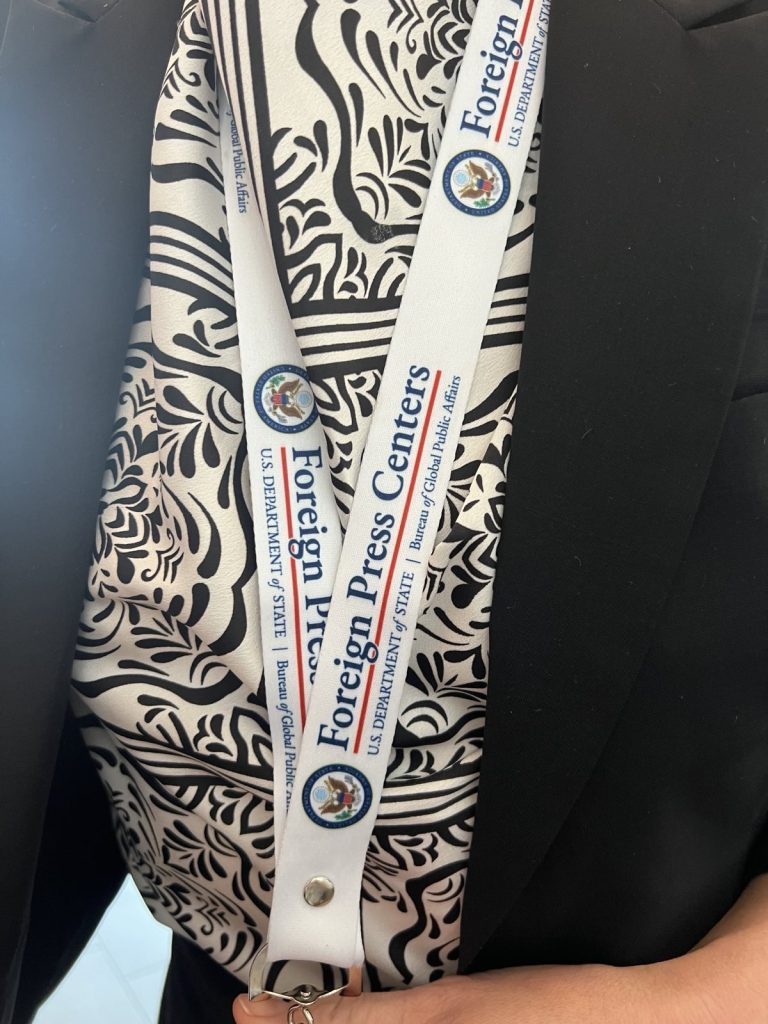
Please Follow us on Gab, Minds, Telegram, Rumble, Truth Social, Gettr, Twitter
Doral, Florida - The United States State Department usually brings two groups of selected foreign journalists to visit various locations during our presidential elections, so that they may report back to the world about the state of democracy in America. The last time they did it, however, was in 2016, because everything was locked down in 2020. They re-started the program this year, bringing two groups of 16 foreign journalists each. One group visited the battleground states of Pennsylvania and Arizona. The other group visited Milwaukee and Miami.
The Miami group met with the Election Integrity Brigade on Monday this week to discuss the state of election integrity here. Then they visited the Supervisor of Elections in order to receive a briefing on the workings of our Elections Department in preparation for Election Day, and after two weeks of Early Voting.
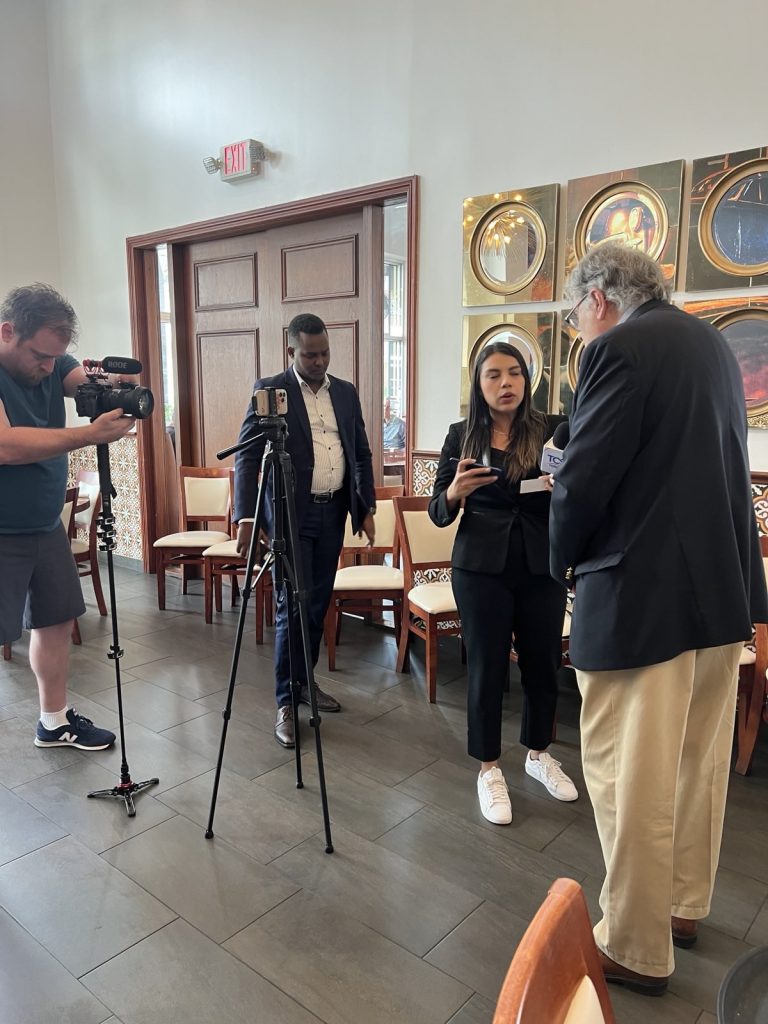
Election Integrity Brigade
After the presidential election of 2020 was rigged, many grassroots conservatives realized the importance of election integrity. Accordingly, they became involved in their local Republican party in order to engage in such election integrity work as: (1) reviewing voter rolls; (2) checking voting machines; (3) lobbying against Vote-By-Mail; and (4) participating in poll-watching and poll-working.
The Republican Executive Committee of Miami-Dade County, however, has failed to support efforts for election integrity, especially by not recruiting enough poll-watchers. For example, Miami-Dade County has around 1,525,000 registered voters, some 762 precincts on Election Day, and 33 polling sites during Early Voting. To cover this area, the largest county in the state, the REC has a maximum of 160 committeemen and women, and usually only around 120 in office.
That is insufficient by far to provide not only poll-watchers for election integrity operations, but also political activists for other electioneering activities. Desperately seeking volunteers the week before Election Day is no way to run a political party.
Accordingly, last year around two dozen independent, private-sector, non-governmental, volunteers formed the Election Integrity Brigade of Miami-Dade County, Florida: www.electionbrigade.com, and telephone: (305) 902-2016.
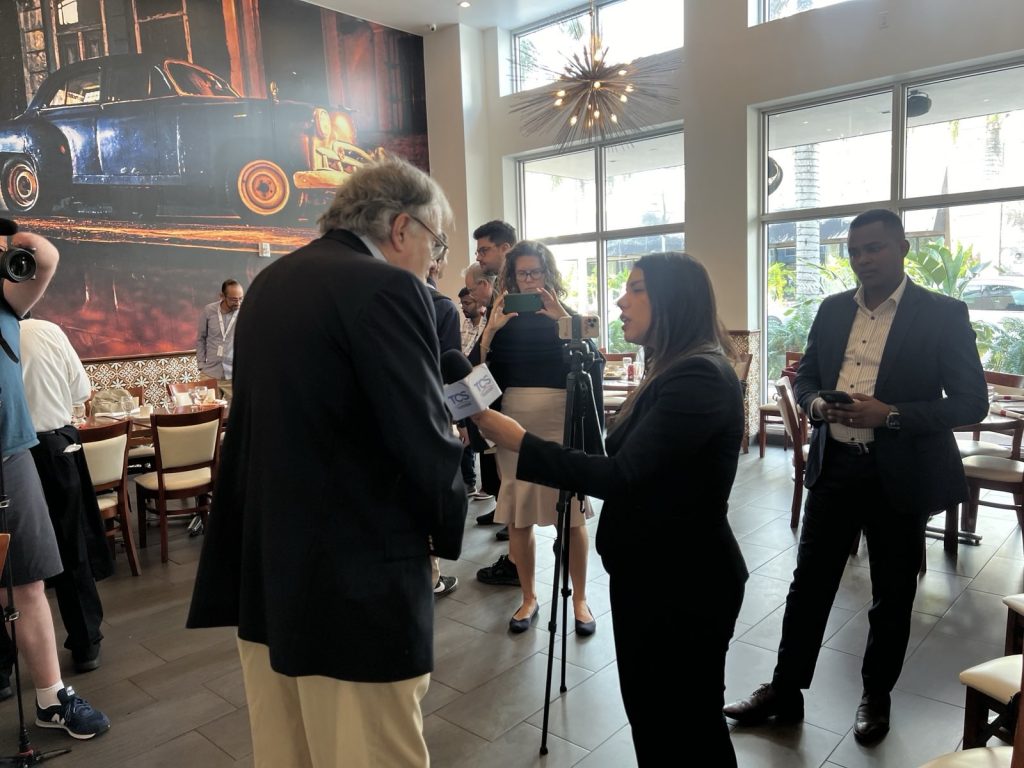
The Brigade covers all aspects of election integrity, but your columnist, as Vice President and General Counsel, focuses on poll-watching and Vote-By-Mail.
Your columnist started poll-watching in Chicago twice during 1978 on the North and South Sides. After this experience, I finished law school and practiced as a corporate lawyer. In 2008, however, I realized that I had to become active in politics. Accordingly, I joined the Republican National Lawyers Association and served as a roving attorney poll-watcher in: (1) Philadelphia during 2008; (2) Westchester County, New York, during 2009-10; (3) Tampa, in a call center with over 120 other out-of-state lawyers, during 2012; (4) Houston during 2014-15; and (5) Miami since 2016. Poll-watching is a necessary but not sufficient component of election integrity.
Vote-By-Mail, however, constitutes an end-run around poll-watching. Congress created the bipartisan Jimmy Carter-James Baker commission to review election procedures after the 2000 presidential election with hanging chads. They reported in 2005 that Vote-By-Mail is rife with fraud, because: (1) you cannot track your VBM ballot sent via the USPS like you can with FedEx and UPS, and the USPS is not trustworthy; and (2) there is no voter ID required, no control of the chain-of-custody, and signature verification is very subjective. In March this year, Heartland Institute in Chicago released a study, based on polling by Rasmussen last November, showing that around 20% of all mail-in voters in 2020 admitted to committing some type of vote fraud.
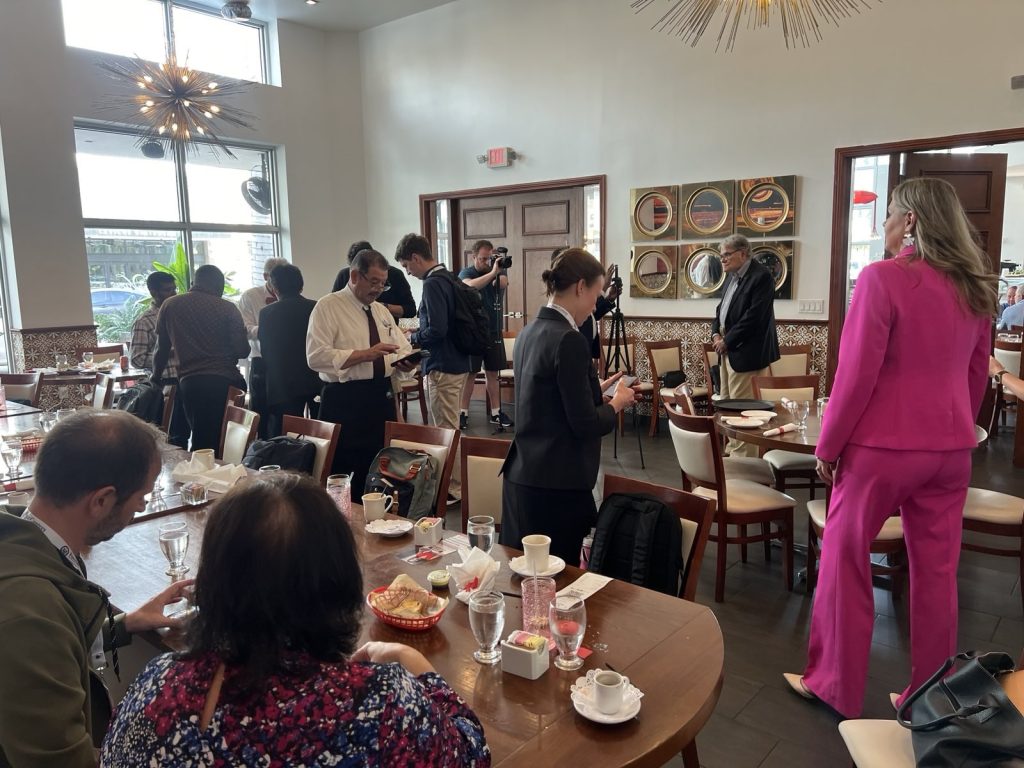
The Brigade also recruits poll-workers and poll-watchers on its web site, reviews the accuracy of voter rolls, and participates in logic & accuracy testing of voting machines by the Supervisor of Elections. The Brigade’s motto comes from President Reagan: “Trust but verify.”
Questions for Visiting Foreign Journalists
The journalists came from the following countries: (1) autocratic: Algeria, Bangladesh, Djibouti, Gambia, Thailand and Vietnam; (2) contested: Tunisia and Uganda; (3) democratic: Czechia, El Salvador, Germany, Guatemala, India, Poland, Portugal and Taiwan.
During the meeting with the Brigade, the journalists were asked to compare elections in the United States with elections, if any, in their countries, by addressing the following questions:
Voter Registration Rolls
1. How are voter registration rolls maintained in your country? Are registered voters removed when they die? When they move to another location? Most countries have national ID cards and governments actively maintain their voter rolls.
2. Is proof of citizenship required in order to register to vote? How is that confirmed, and by whom? Yes, confirmed by national ID cards.
3. Do your state attorneys general have to sue your federal government in order to check the citizenship status of registered voters? No other countries have quite our federal structure.
4. May private citizens and groups participate in the process of cleaning up the voter registration rolls? Not really, that is left to government.
5. Do your rolls have more registered voters than population? No.
Voter Identification
1. In how many of your countries is a valid photo identification card required in order to vote? Every country requires valid photo ID, usually the national ID card.
2. Does the voter ID have to be issued by the government, such as a Driver’s License or a Passport? Government-issued only.
3. Are public utility bills, with a name and address, but no photo, allowed to be used as voter ID cards? No.
4. In how many of your countries is it unlawful to ask voters for their ID of any form? None.
Election Day and Early Voting
1. How many of your countries vote on the busiest day of the work week: Tuesday? How many on a Sunday? A Saturday or other day of the week? A national holiday? Almost all countries vote on a weekend or other holiday.
2. In how many of your countries does in-person voting start 45 days before Election Day? How about two weeks? None.
3. Do you have an election season, with a period of Early Voting before Election Day? No early voting exists anywhere else in the world.

Vote-Counting Machines
1. Do voters mark paper ballots? Or do they vote directly on electronic machines, without a paper record? Varies. Some require paper ballots, but many rely on machines solely.
2. How are the votes counted? By hand at the polling station? Or by machines? A few count by hand, but most rely on machines.
3. Is the counting conducted locally at the polling station? Or at a central counting location? Varies, both local and centralized.
4. Do election workers count the votes in secret? Do they put cardboard on the windows of the rooms where the counting is done, so that no one may see them? Counting is required to be done in public.
5. Do election workers send independent poll watchers home early, before all the counting is done? Do they use fake excuses to declare that the counting is done, like fake water leaks? No, poll-watchers stay until the end. As Maria Corina Machado says in Venezuela: “Hasta el final!”
6. Do boxes of Vote-By-Mail ballots, often marked for only one candidate, arrive overnight on Election Day, so that the counting continues for more days, until the election workers declare that they are done? No, counting after Election Day is a sign of fraud.
7. What brands of vote-counting machines are used in your countries? Dominion, ES&S or others? Are the machines connected to the Internet? Are the votes counted overseas? Sometimes, depending on the countries.
Vote-By-Mail
1. How common is it to use Vote-By-Mail (not absentee voting) in your countries’ elections? Do any countries not have in-person voting at all, like the State of Oregon? No other country in the world uses Vote-By-Mail at the level that is used in the United States.
2. If so, what are the rules? How do you account for the lack of voter ID? The lack of tracing the chain-of-custody of the ballot? How do you handle signature verification? Not allowed.
3. Are VBM ballots mailed out to voters upon request only? Or are they mailed out to all registered voters? Neither.
4. Are Vote-By-Mail ballots required to arrive at the polling station not later than the close of voting on Election Day? How long after Election Day does counting continue? Not done.
5. Are citizens of your country residing overseas allowed to vote by mail? Similar to military personnel overseas? Are they allowed to register online, without verification of identity or citizenship status? No, citizens overseas must vote in person at embassies and consulates.
6. Are the signatures on the Vote-By-Mail ballots required to be verified against signatures on file with the elections department? Not done.
7. How reliable is your national post office? Would you mail yourself US$1,000 in cash without worries? Not used.

Election Administration
1. Do privately-paid operators replace or supplement Election Workers on Election Day and during Early Voting? In order to influence the turnout in favor of one party? Not allowed.
2. Are these operators paid by Big Tech moguls or other wealthy donors? By information technology companies that also collaborate with government to censor free speech? Not allowed.
Election Integrity Groups
1. In your countries, are there independent, private-sector, election integrity groups, non-governmental organizations, to watch how elections are conducted? Mostly done by political parties.
2. Do these groups need government approval in order to do their jobs? Do they need to represent a political party or candidate? Usually represent a political party.
3. Is it considered a crime in your countries for poll-watchers from those groups to watch the work of election workers, in order to make sure that elections are fairly conducted? No, poll-watching is not criminalized in other countries. There are no laws making it a crime for poll-watchers to so-called harass, intimidate, coerce or threaten election workers.
4. Do social media commentators consider it a “micro-aggression” for opposition poll-watchers to review the work of election workers? No, this is woke progressive nonsense in the United States.
It became clear during our discussion that many of the election procedures in the United States, especially those adopted in connection with the Wuhan flu epidemic during 2020, are intended to facilitate vote fraud. These procedures include Vote-By-Mail, banning voter ID, and not reporting results on the evening of Election Day.
Bipartisanship and RINO’s versus MAGA
Election integrity is a bipartisan issue. One party is against it, and in the other party, the leadership is mostly against it, while the grassroots are for it. Gallup reports that 84% of Democrats are confident in the accuracy of presidential election results, while only 28% of Republicans have such confidence.
The percentage of all Americans who say that they are not at all confident in presidential election results has risen from 6% in 2004 to 19% today. Republican doubts mostly stem from concern that: (1) ineligible people are voting, especially non-citizens; and (2) people are using illegal means to vote, such as Vote-By-Mail.
During Early Voting this year, however, the Miami-Dade REC denied poll-watching credentials to over two dozen experienced poll-watchers, and as a result at least a dozen othr poll-watching attorneys resigned from their positions in protest. No reason was given for these denials, and no notice, hearing or other due process was provided.
The poll-watchers excluded or resigning included the lawyer who had coordinated this effort since hanging chads in 2000, several other lawyers and civilians who had irreplaceable experience working in some of the most difficult locations, and members of the Election Integrity Brigade. Oh well, good enough for the State Department, but not for the REC!
As a result, more polling places than usual were left unmonitored, with unknown consequences. The poll-watching was in disarray. On Election Day, roving attorneys were assigned as many as 40 polling places for each to monitor during 12 hours. Very few polling places had a stationary poll-watcher spending the full day there. The attorneys were prohibited from talking with the media.
The RINO’s did this in response to criticism from the MAGA movement. The REC is not only incompetent, but also perfidious. The goal of a political party should be addition, not subtraction.









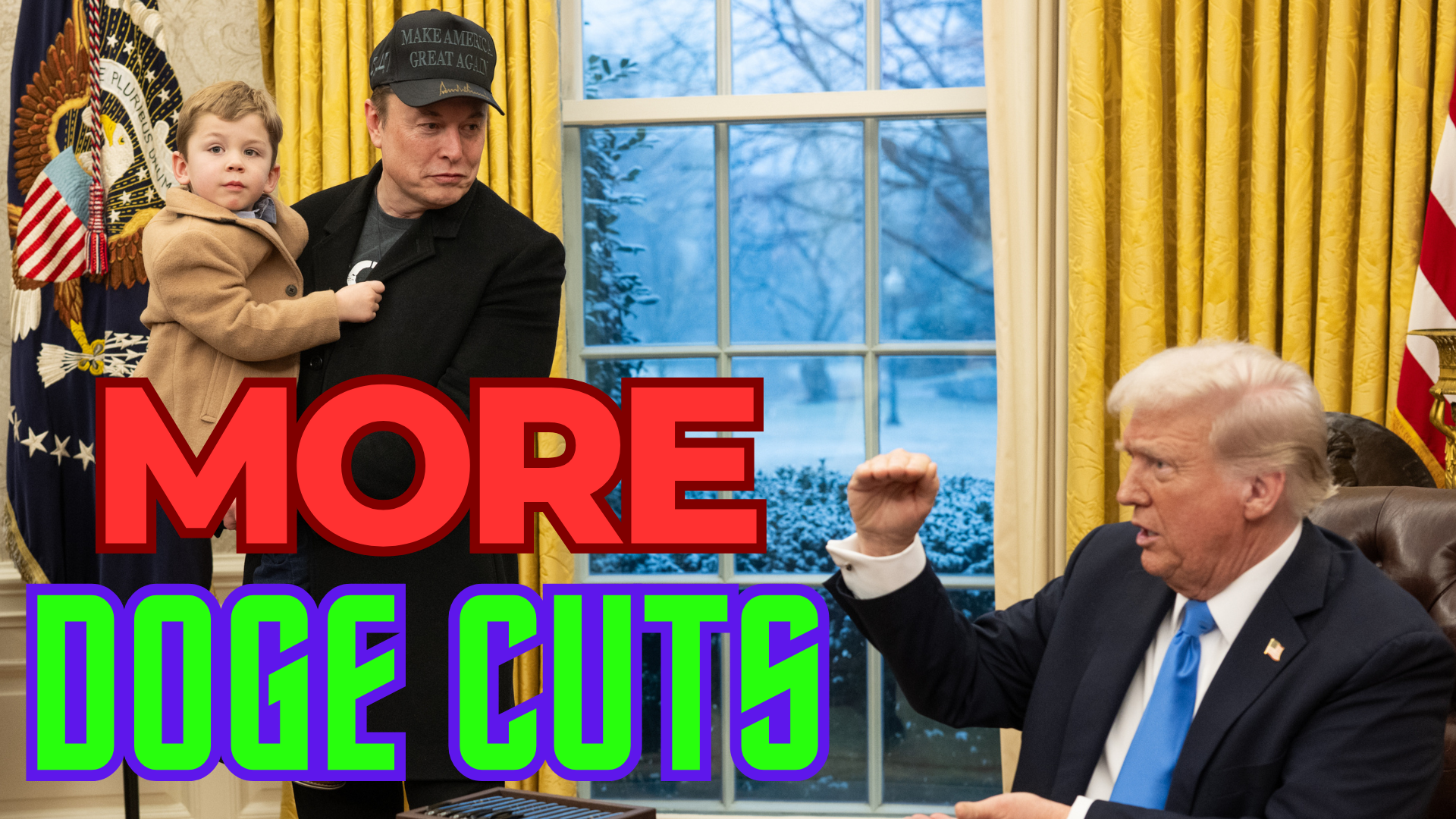
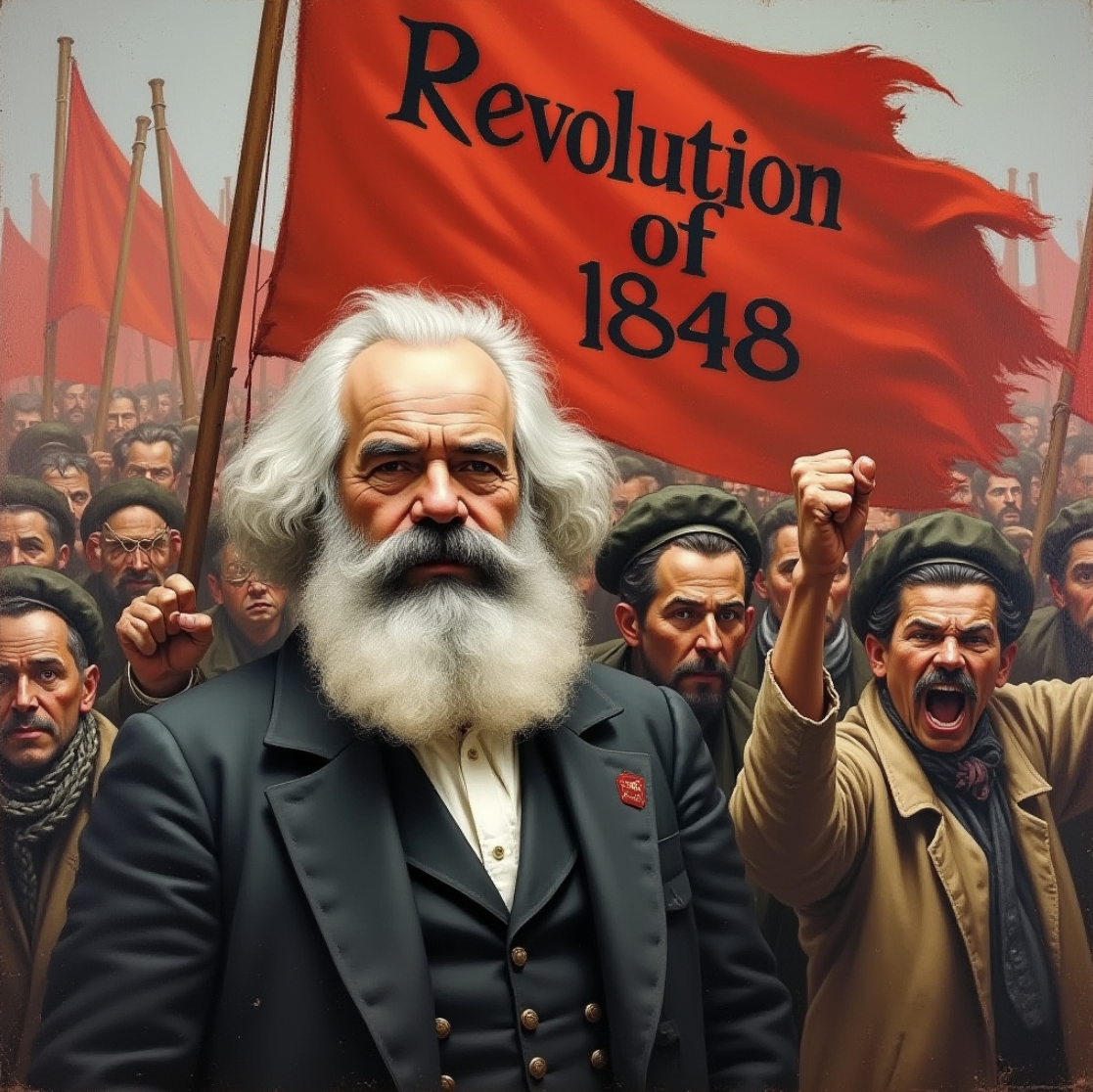
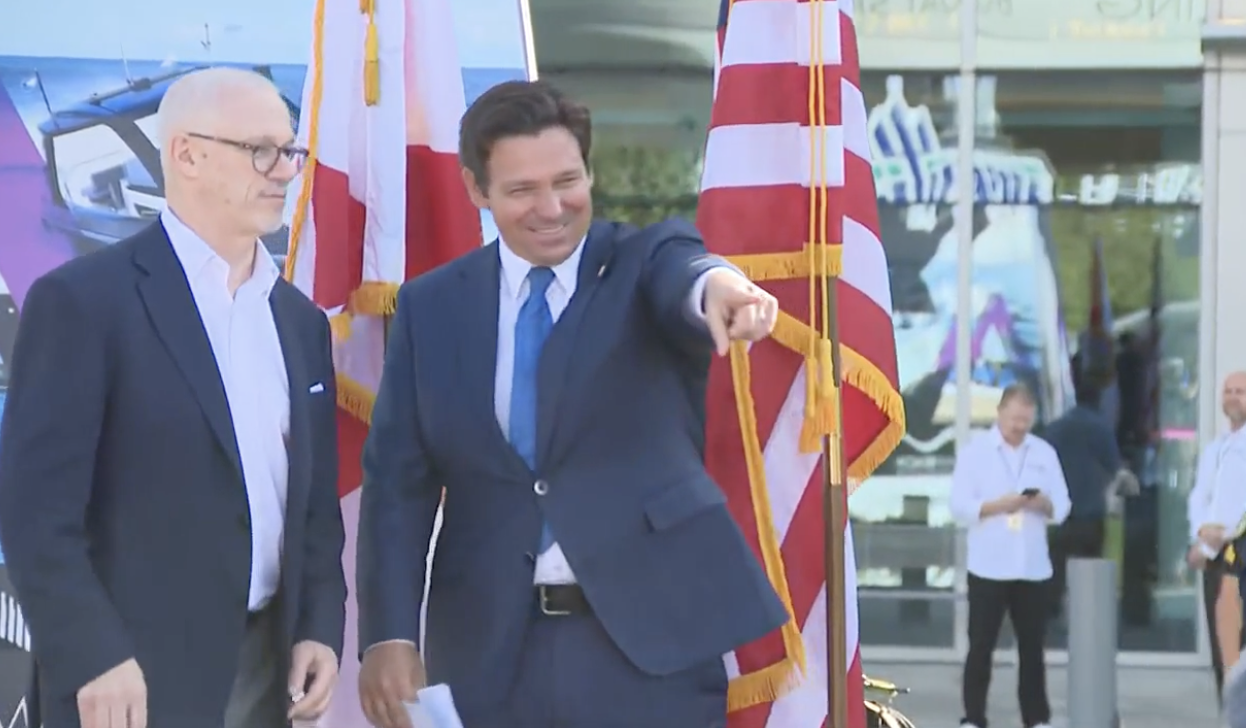










Obama brought in a group of official (not press) foreign observers in 2012. They wrote a report on their observations. All of them signed off on the report. They said that not requiring a photo ID to vote was an invitation to fraud. You can bet that that report went into the DNC file 13 very quickly.